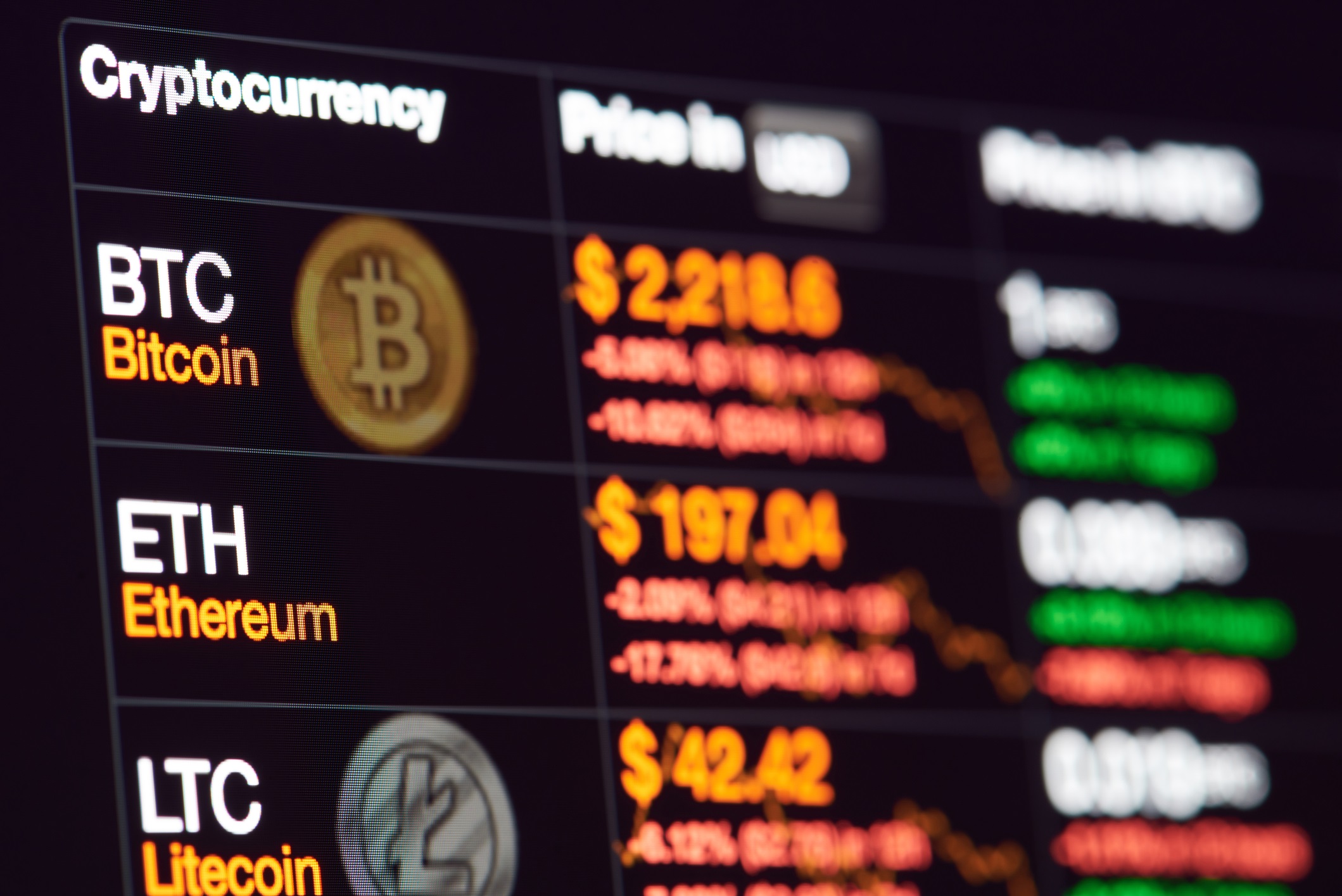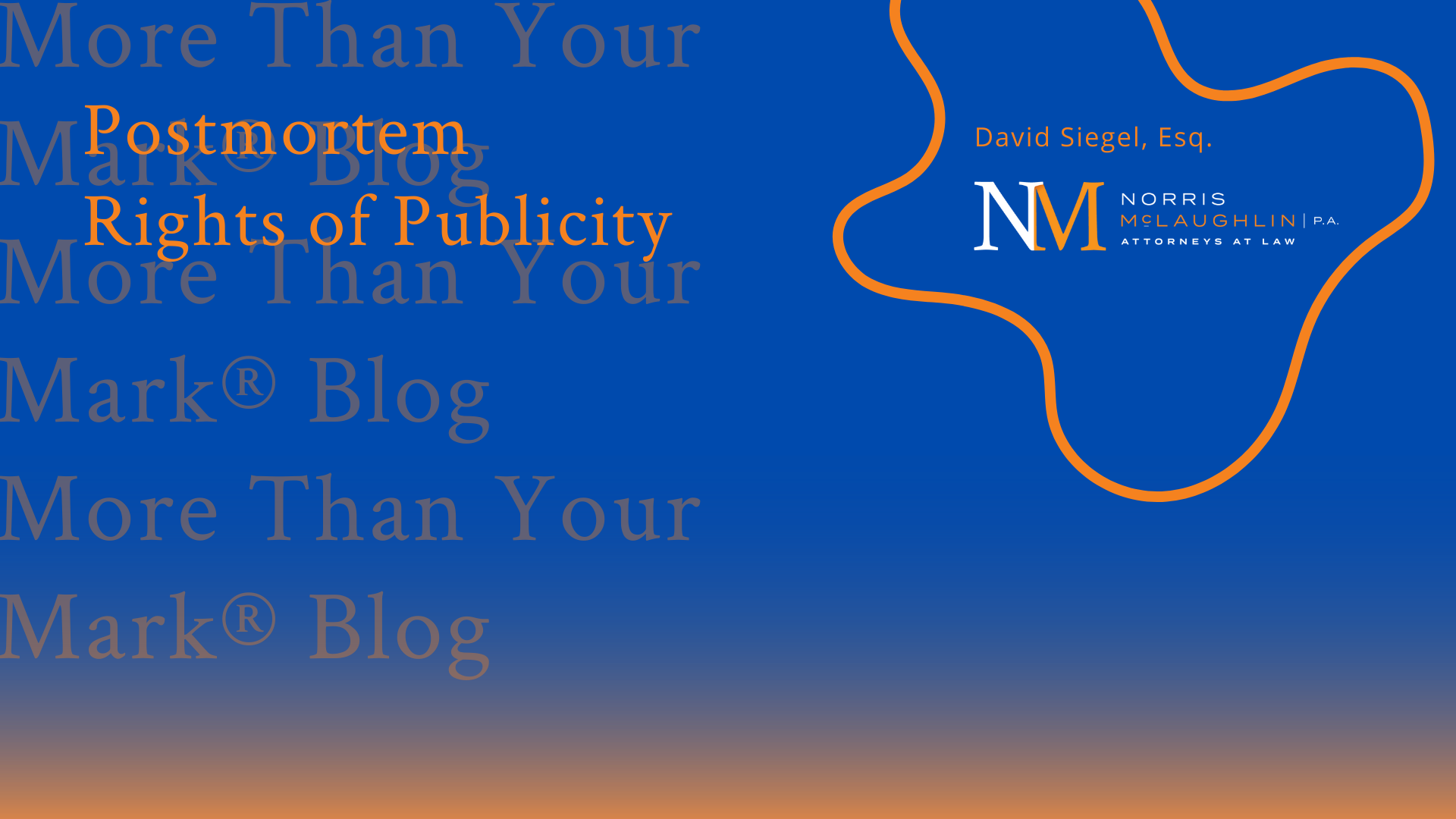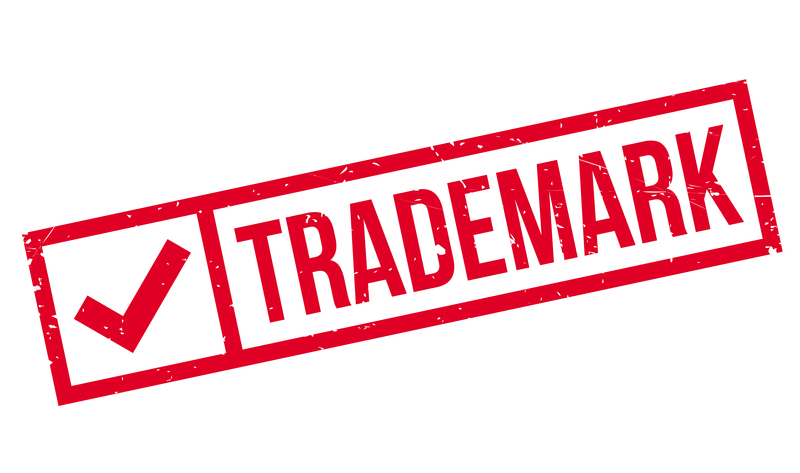Big Banks are Now Receiving Cryptocurrency/Blockchain Patents! Part I

As you may be aware, cryptocurrencies, such as Bitcoin, Ethereum, and Litecoin, have surged to incredible and unexpected values over the past few months. For a few days in the middle of December 2017, each Bitcoin was valued at almost $20,000, and, as of today, Ethereum, the second most valuable cryptocurrency behind Bitcoin, is hovering around the $1,000 mark with a total market cap of around $100 billion.
What are cryptocurrencies and blockchains, you might ask? Well, cryptocurrencies are digital assets that work as an exchange medium utilizing cryptography to complete transactions, control creation of more cryptocurrency units, and verify transactions or transfers of assets. Blockchains are distributed digital ledgers that are protected by cryptography and utilized to authenticate and record digital currency transactions via blocks that contain transaction histories.
Recent decisions by U.S. courts, along with new U.S. patent law (the Leahy–Smith America Invents Act or AIA), have made it increasingly more difficult to receive patents directed to certain financial product and service inventions and software and computer-implemented inventions. Often, the U.S. Patent Office (USPTO) rejects these types of inventions for being directed to what is known as patent ineligible subject matter. Legally speaking, these rejections by the USPTO are referred to as rejections under 35 U.S.C 101.
However, several financial companies (Mastercard and Goldman Sachs), new startups (Coinbase, a cryptocurrency exchange), credit scoring companies (FICO), professional consulting and services firms (Accenture), and big banks (Bank of America) have not been discouraged and continue to file numerous new patent applications directed to new cryptocurrency and blockchain innovations. A quick database search of the USPTO’s website shows that there are well over 500 of published U.S. patent applications directed to cryptocurrency and blockchain technologies, with more than 20 issued patents for each technology area.
More recently, a company named MoneyToken filed patent applications directed to a cryptocurrency-backed loan platform where cryptocurrency owners can receive a loan for spendable monies while holding and maintaining their cryptocurrency investments. Another company, BurstIQ, Inc., recently filed patent applications directed to uses of a HIPAA-compliant healthcare blockchain and related mobile cryptocurrency wallets.
That said, I want to briefly discuss U.S. Patent No. 9,836,790, entitled “Cryptocurrency Transformation System”, which was recently issued by the USPTO to Bank of America (BOA). In general, BOA’s patent is directed to a cryptocurrency exchange system allowing a user to exchange government-issued currencies (U.S. dollars) into a first cryptocurrency and subsequently convert between different cryptocurrencies (Bitcoin, Ethereum, Litecoin, Bitcoin Cash, etc.). BOA’s patented cryptocurrency exchange system utilizes an inventive combination of three distinct digital accounts: a digital customer account for the government-issued currencies and two digital floating accounts for two different cryptocurrencies.
I hope Part I of this article is helpful in providing some general information regarding cryptocurrencies and their soaring values, and in pointing out that not only are some corporations and financial institutions pursuing intellectual property rights in cryptocurrency and blockchain technologies, but some are even being awarded patents directed to those technologies. Upcoming Part II will discuss the patent ineligible subject matter (35 U.S.C. 101) rejection raised against BOA’s patent application, how that rejection was overcome by BOA’s patent attorney resulting in the above-mentioned patent being awarded to BOA, and some recommended approaches for avoiding and overcoming such patent ineligible subject matter (35 U.S.C. 101) rejections.
If you have any questions about this post, please contact me at bcanscomb@nmmlaw.com.



